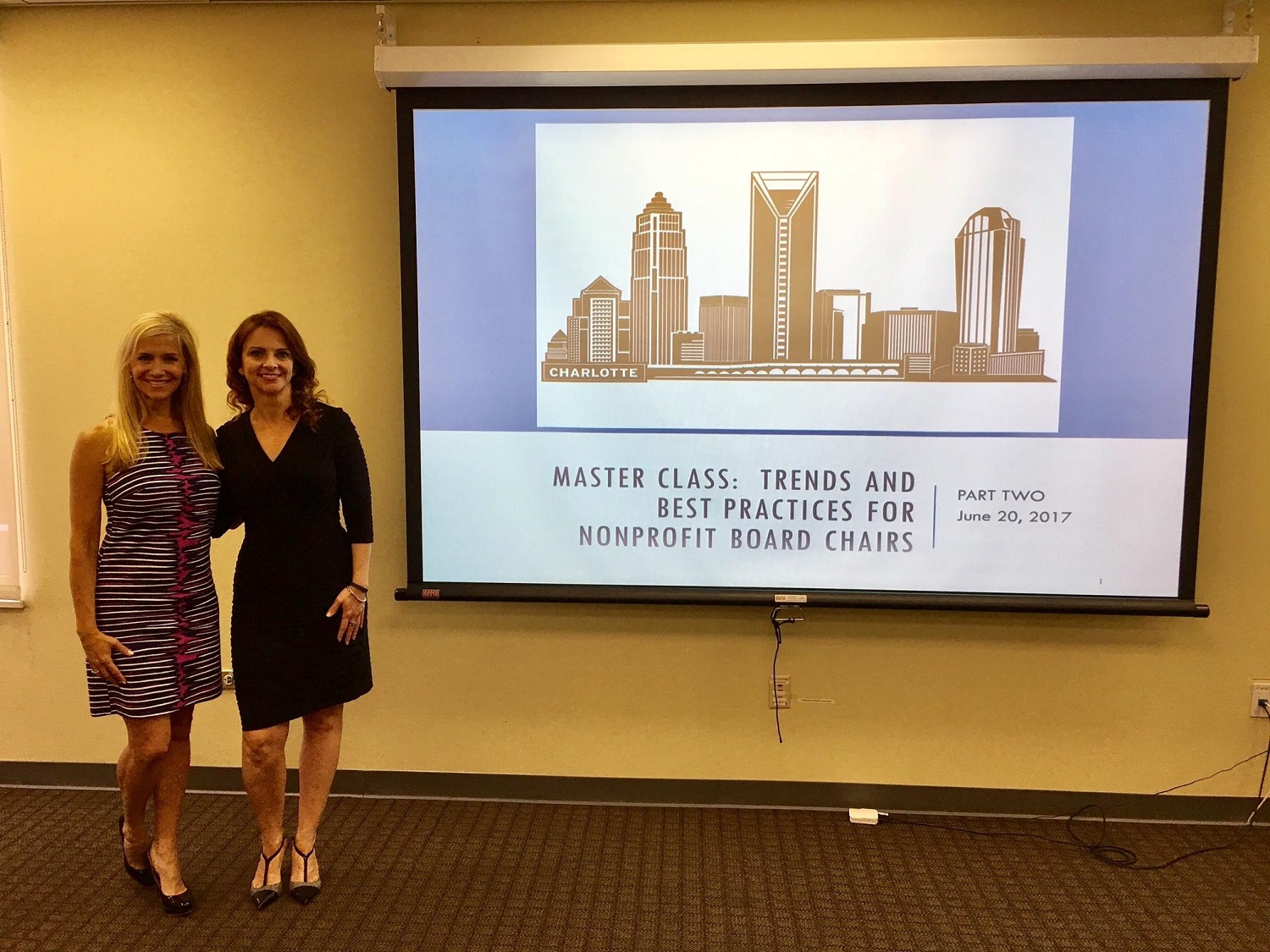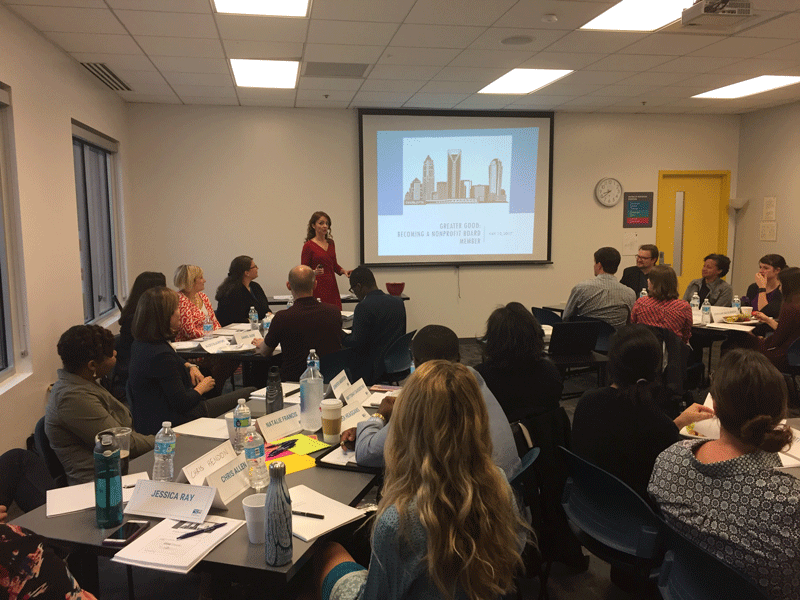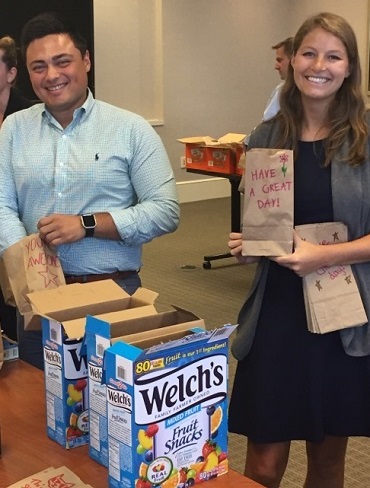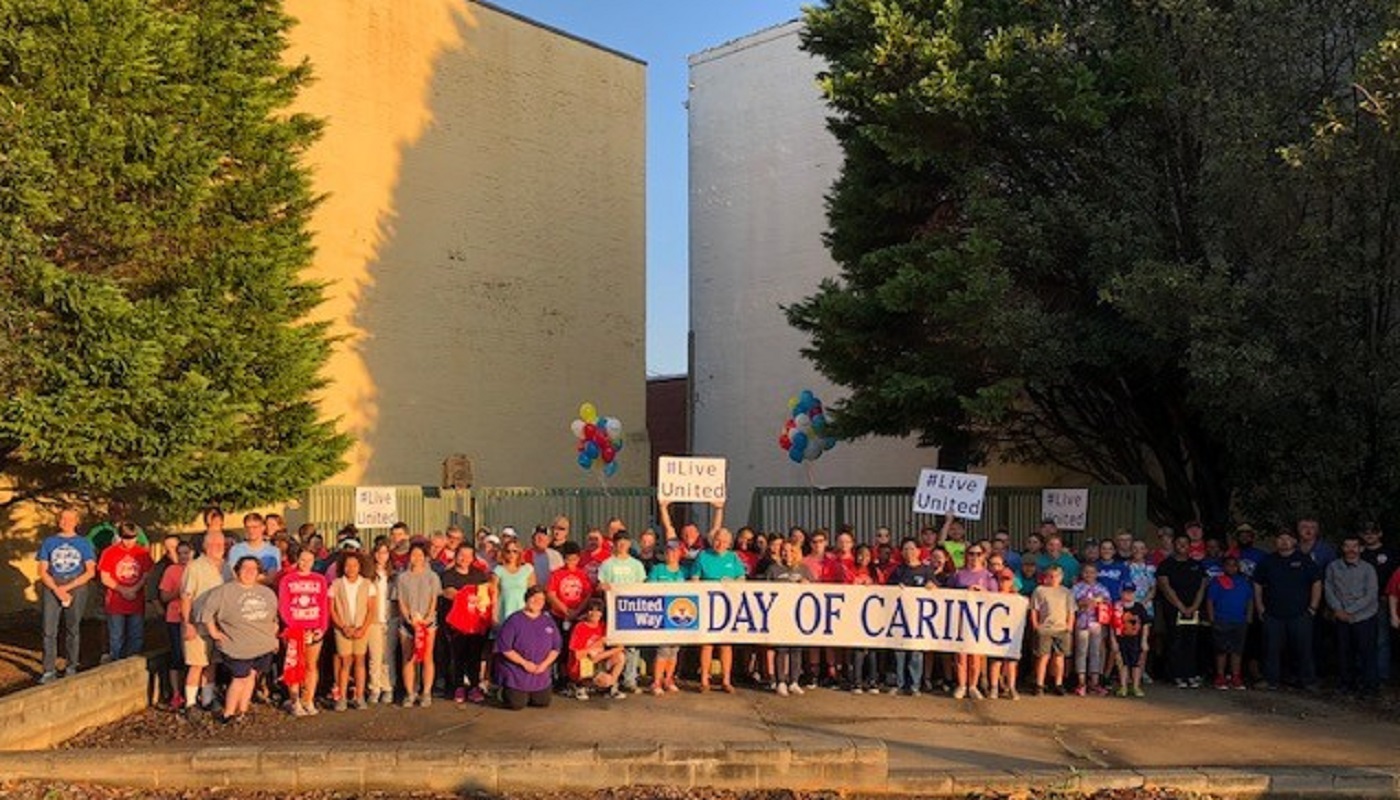
Building Effective Leaders
Nonprofit leadership is uniquely different than that in the for-profit sector.

“It’s not just your customers or your market” in the nonprofit world, said Andi Stevenson, executive director of The Lee Institute, a nonprofit that strengthens and supports organizations and individuals that build community.
“You’re changing an entire community for the better.”
The civic-minded nature of nonprofit leadership makes it crucial for those in governance positions – particularly those in volunteer board positions – to understand their roles in advancing the mission of the nonprofits they serve.
That is why United Way of Central Carolinas partners with The Lee Institute and Dianne Chipps Bailey, to present a master class in trends and best practices for board chairs of ASC- and United Way of Central Carolinas-affiliated organizations.
The purpose, Bailey said, is “to abbreviate the learning curve so that (volunteer board members) can amplify and accelerate the missions of their organizations.”
It’s about helping new nonprofit leaders develop the traits effective nonprofit leaders demonstrate.
Here are 10 key traits that Bailey and Stevenson have observed in effective nonprofit leaders:
- They have a clear destination in mind. Nonprofit leaders define how to advance the missions and visions of their organizations. They explain the course of direction in a way that inspires staff and volunteers to follow and to be the best versions of themselves along the way.
- They are mission-driven. “Without financial profit as the organizing force of the sector, mission has to be central” in the nonprofit sector, Stevenson said. “It’s entirely about the mission of the organization and community betterment.”
- They are comfortable in their own skin. The most successful nonprofit leaders are self-aware and own their strengths (and weaknesses). That provides their staff and volunteers the space and freedom they need to do their jobs effectively.
- They are like Curious George. Like the eponymous children’s book character, if you’re in the nonprofit sector, you need to be naturally curious.
- They’re not know-it-alls. The best nonprofit leaders are humble servants that lean on their staffs and then use their passion, experience and expertise “to engage in that strategic, generative, creative decision-making process that will propel the organization forward,” Bailey said.
- They’re always game to grab a coffee. Successful leaders build and maintain relationships with peers and civically-engaged individuals. Their carefully curated networks challenge their thinking and expand their perspectives.
- They don’t let other people drain them of their energy. High-achieving leaders carve out space to commit to nonprofit service and care for themselves.
- They’re not afraid to be audacious. And they know what audacity looks like for their organization. If a leader doesn’t have some goals that make them feel uncomfortable and require them to call upon their courage, then they won’t find their next level.
- They embody a spirit of gratitude. For nonprofit volunteers to give up their scarcest commodity – their time – they have to feel that their time is impactful and appreciated. Effective leaders understand this and seek to make a spirt of gratitude part of the fabric of their organizations.
- They’re not missed too much when they’re gone. When an exceptional leader leaves, the nonprofit doesn’t panic because the leader worked to make the organization stable, sustainable and succession-oriented.
We host Board Training events through our corporate volunteer opportunities and our engagement groups. To learn more about hosting a board training for your employees, contact Leslie Rink at LRink@uwcentralcarolinas.org.




